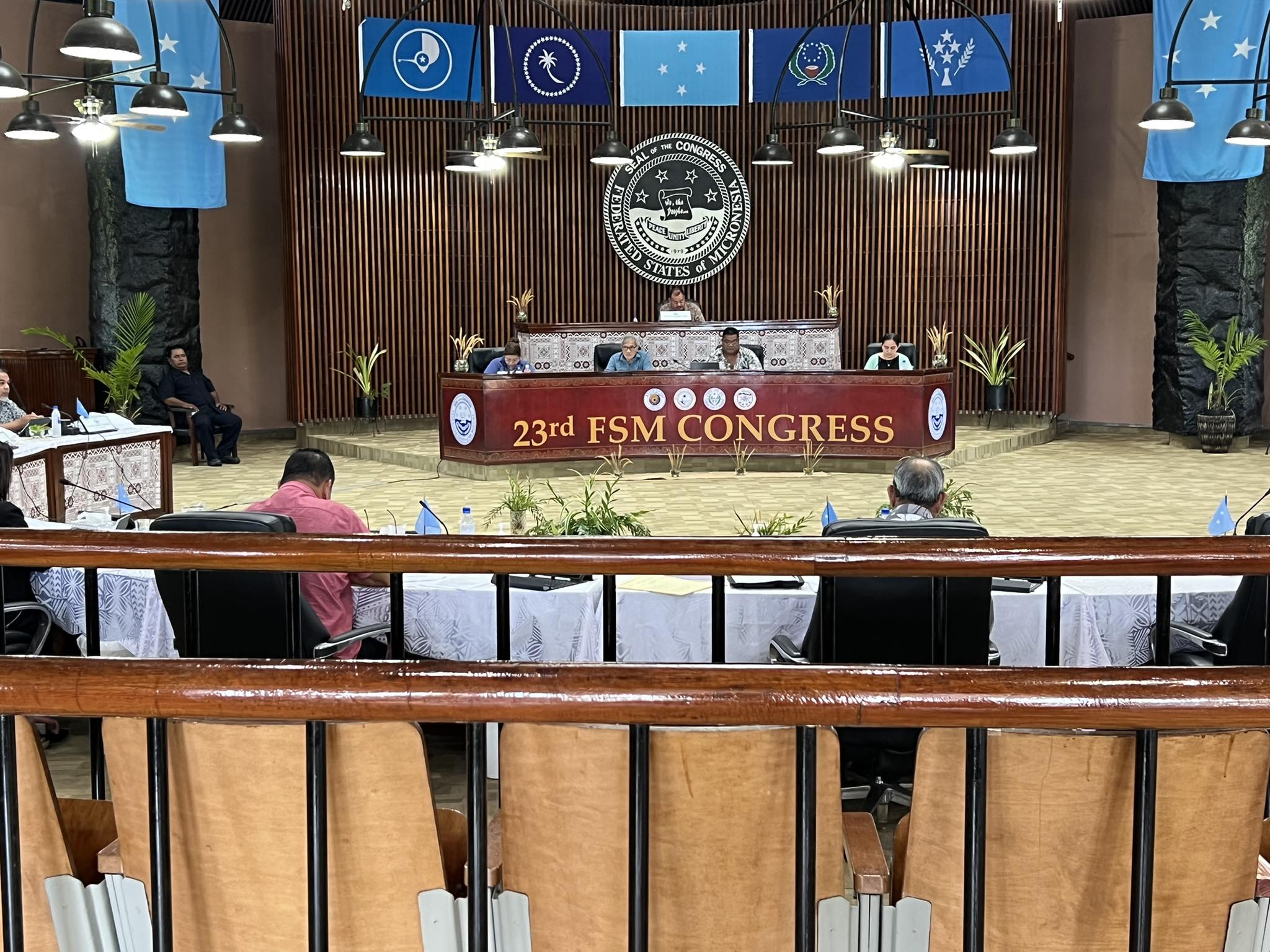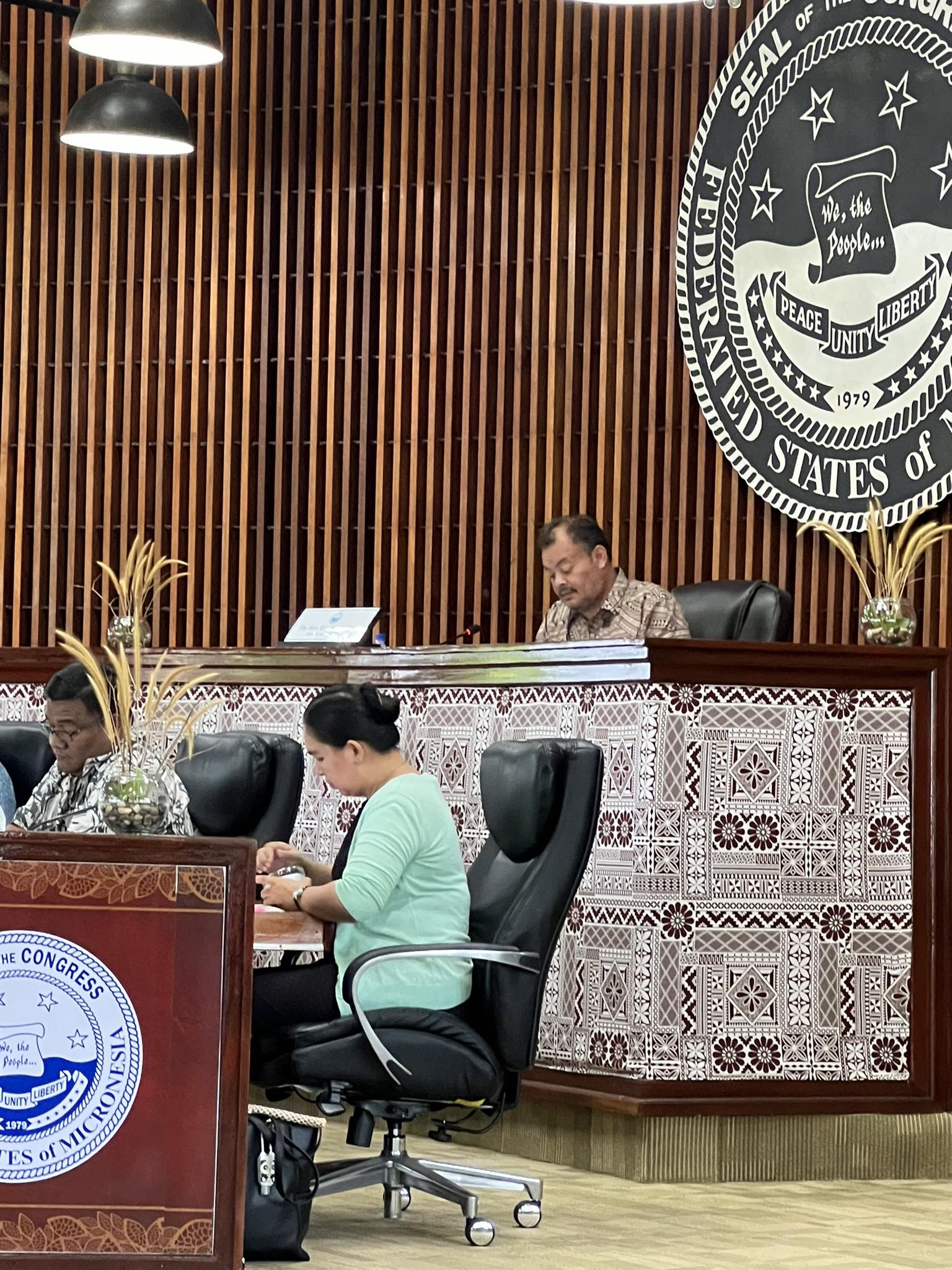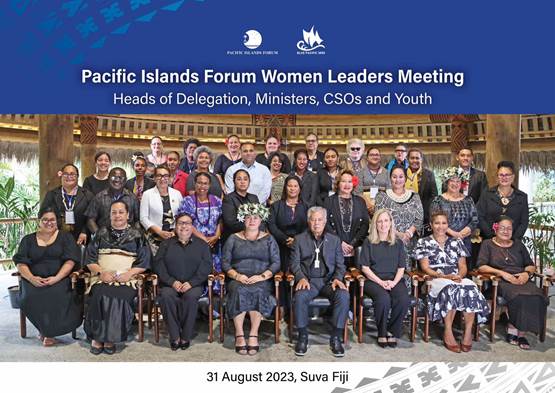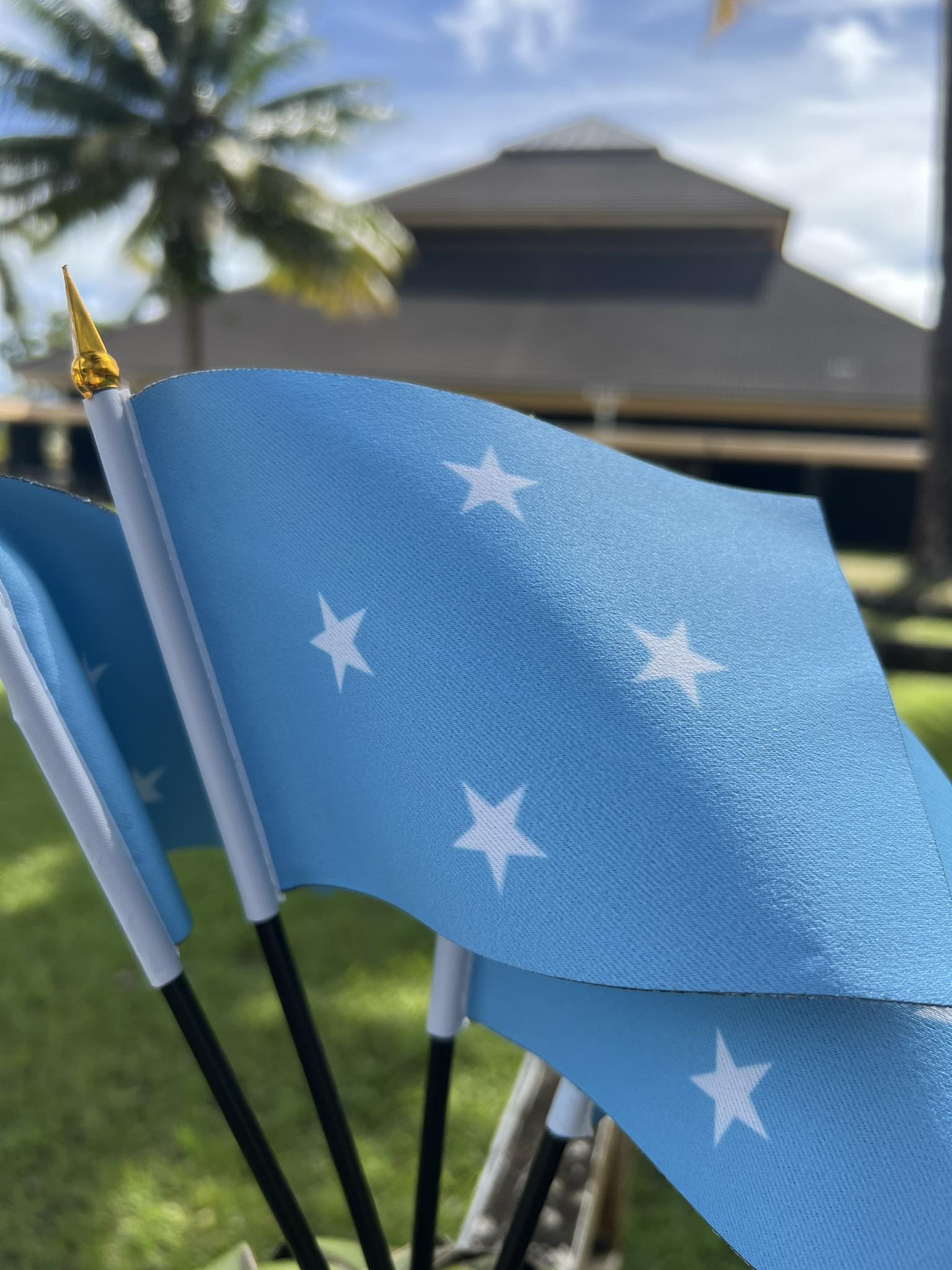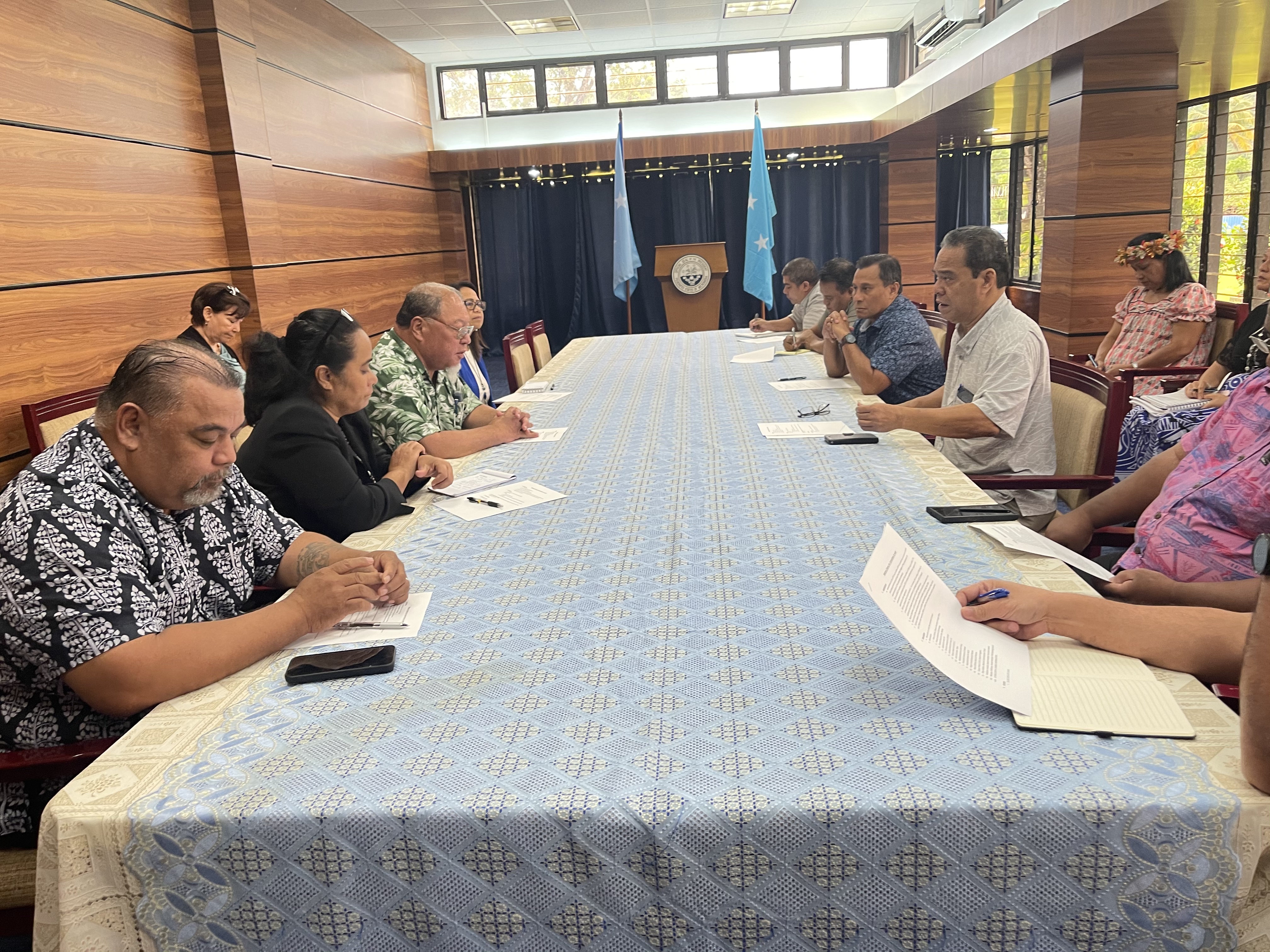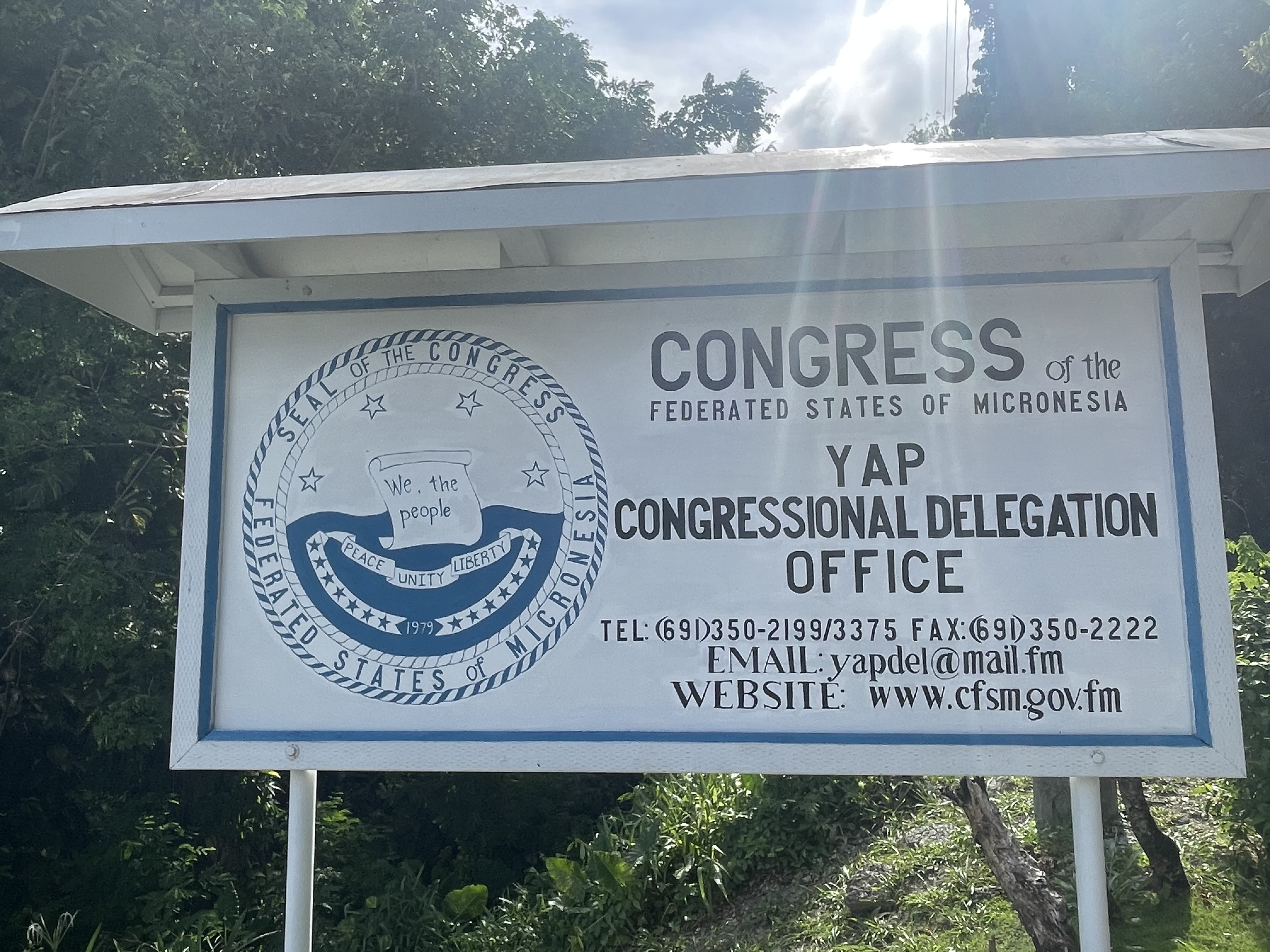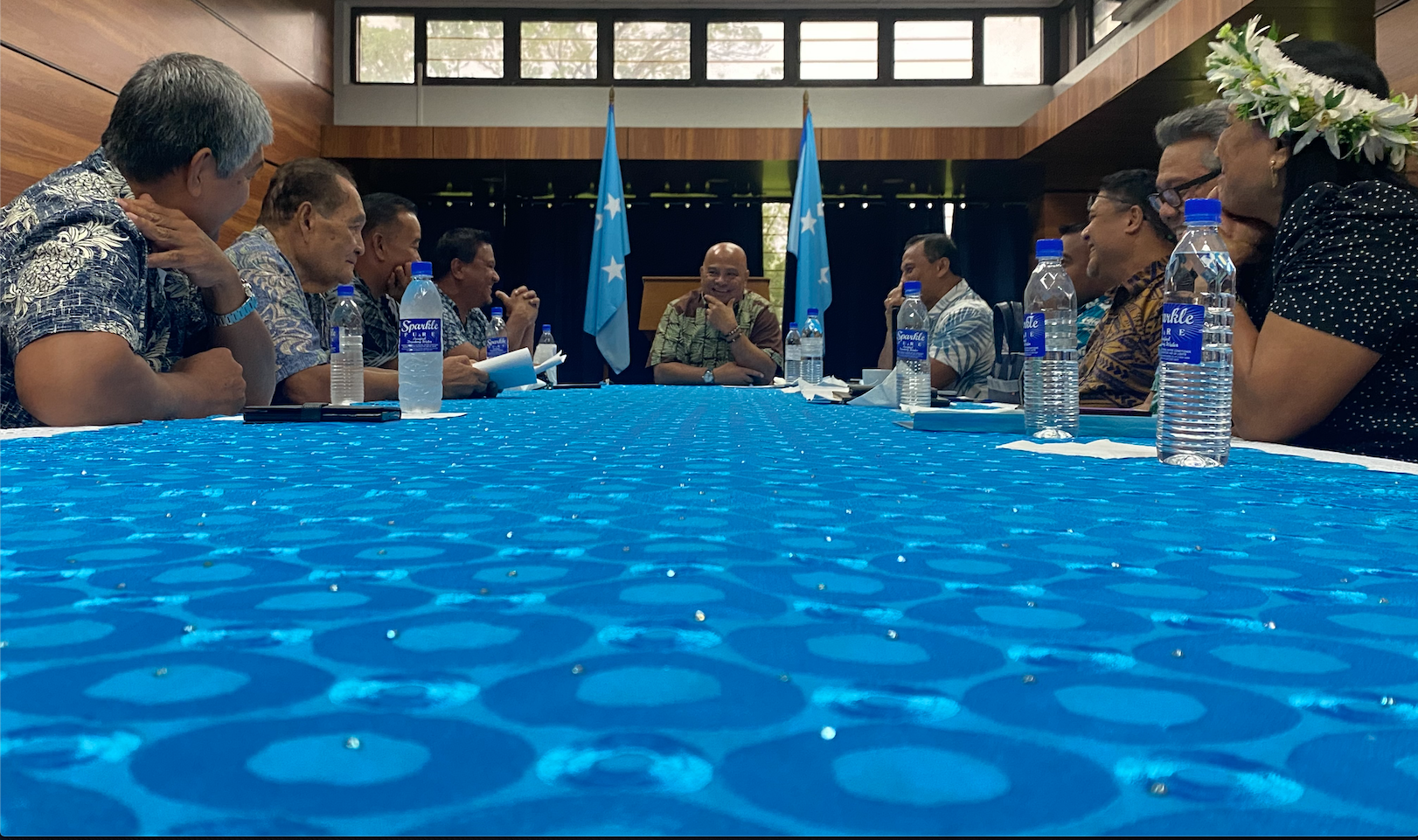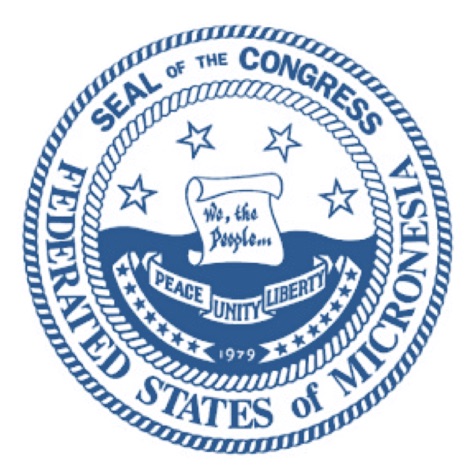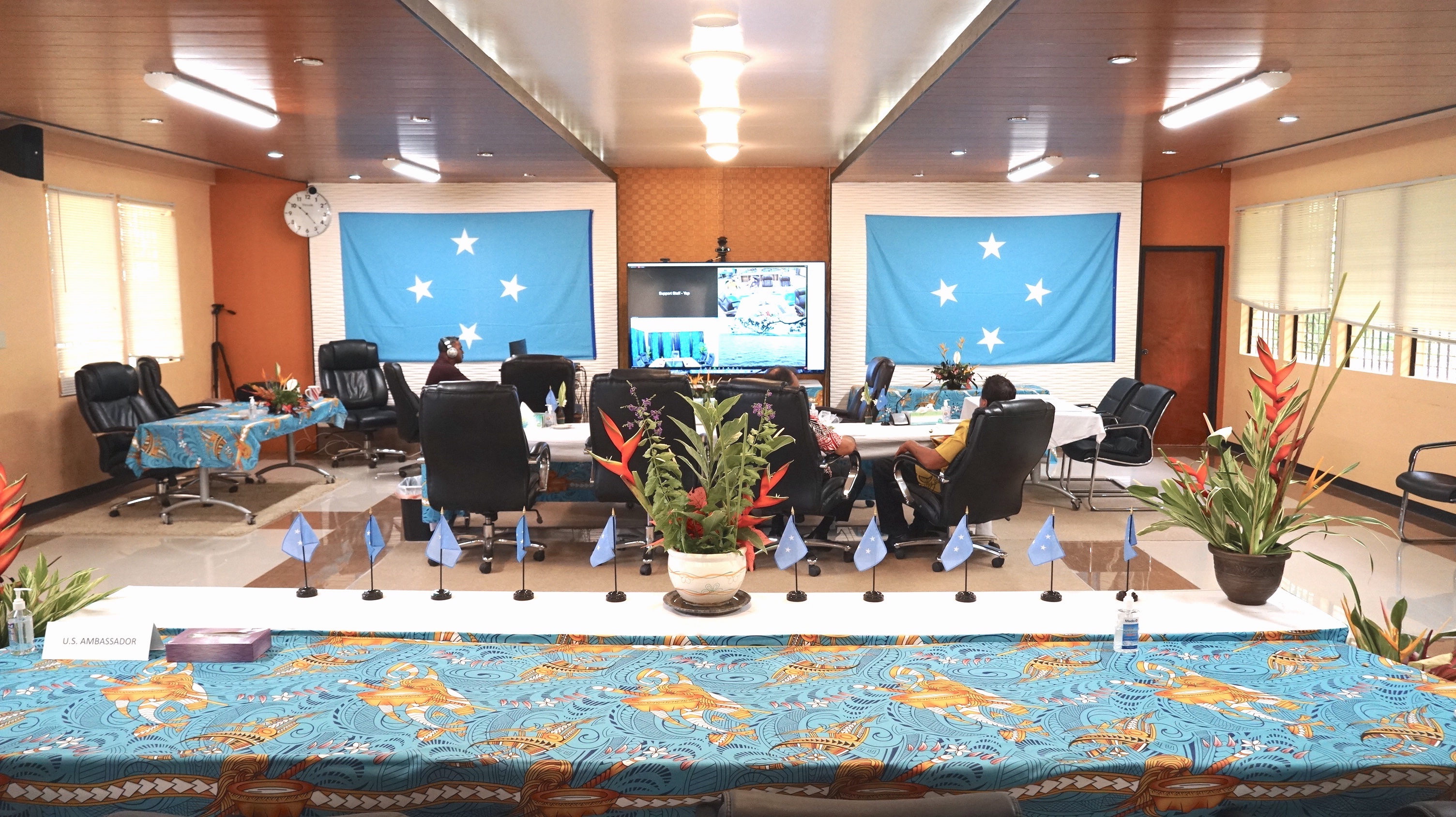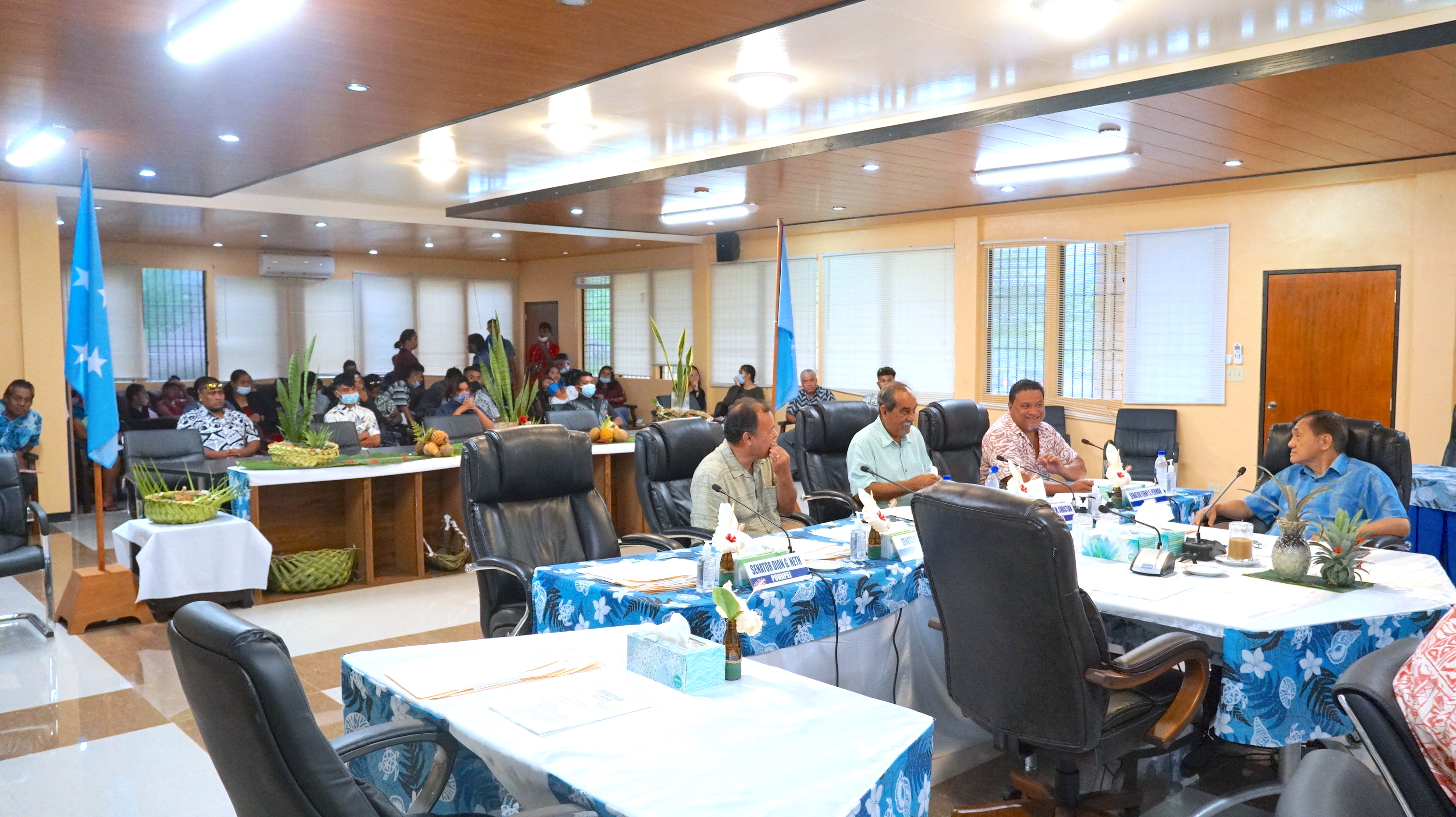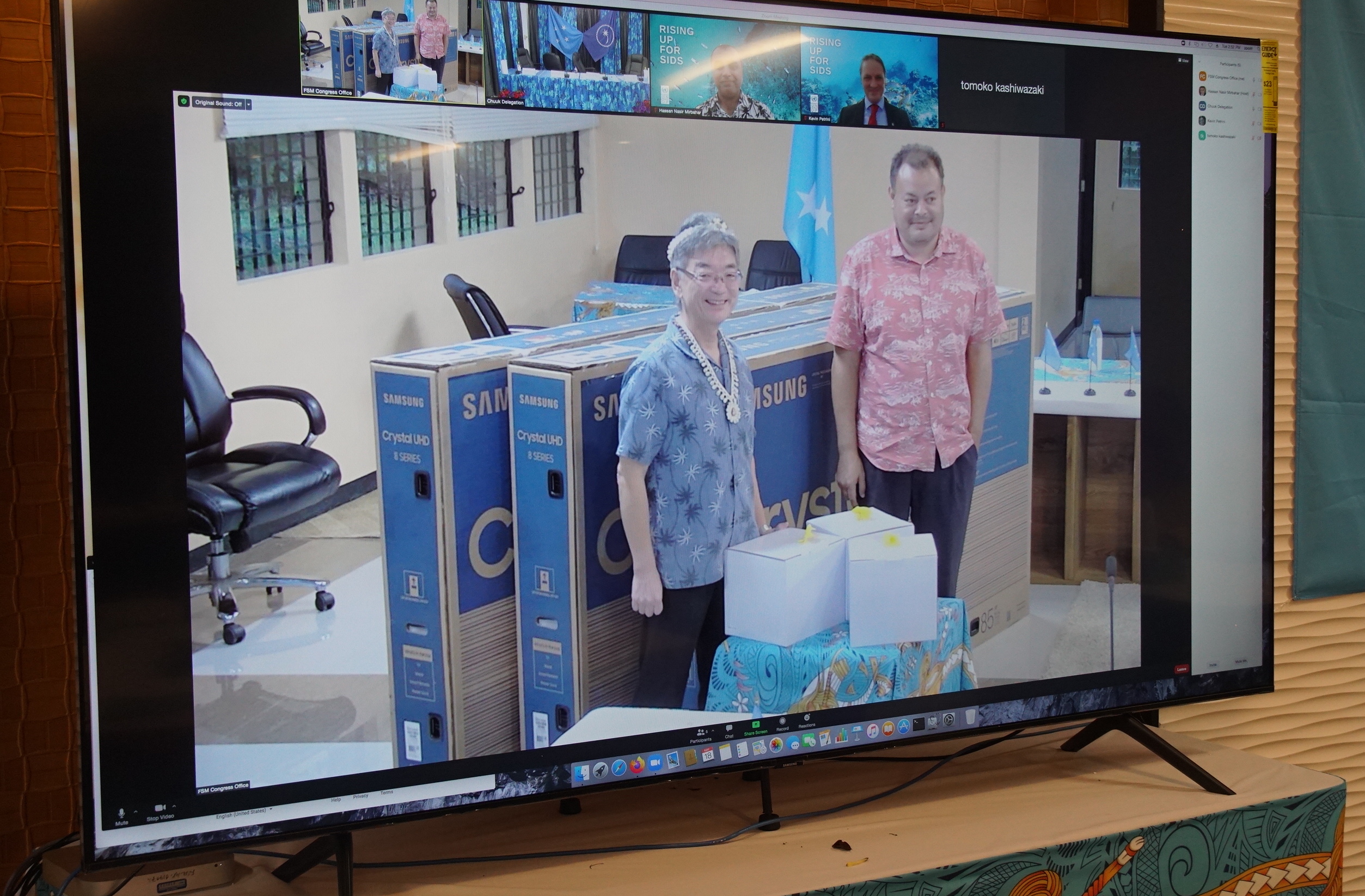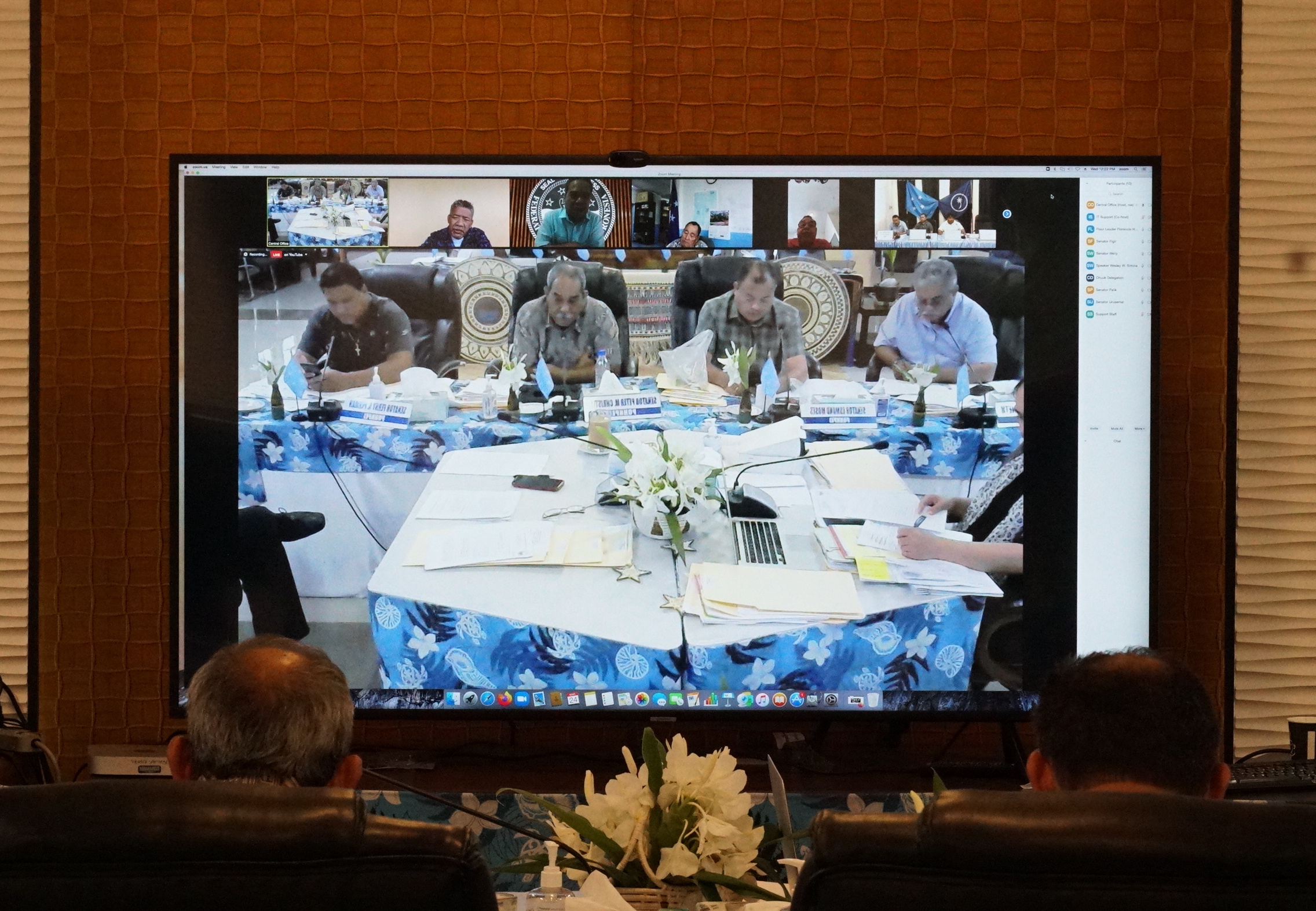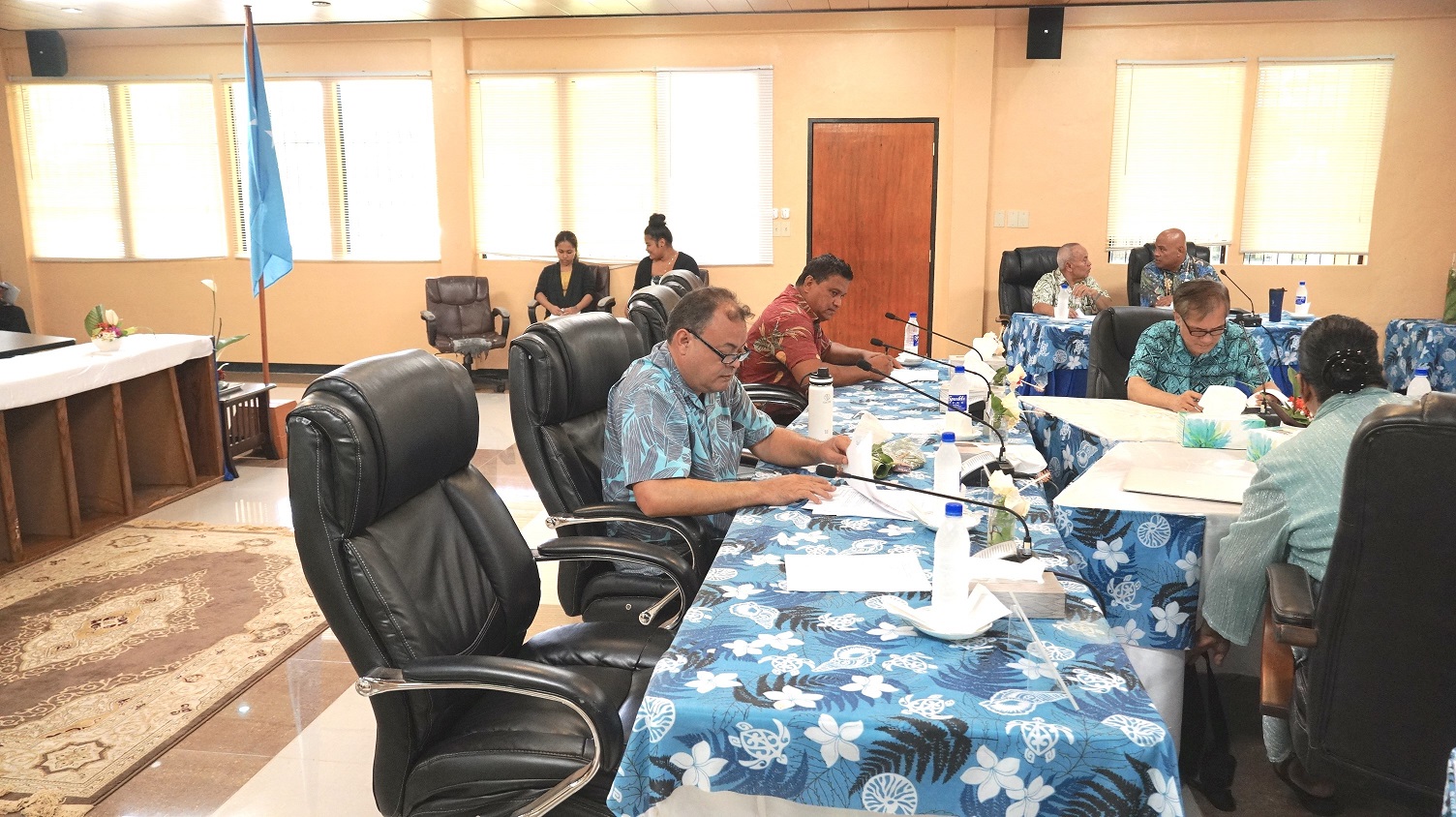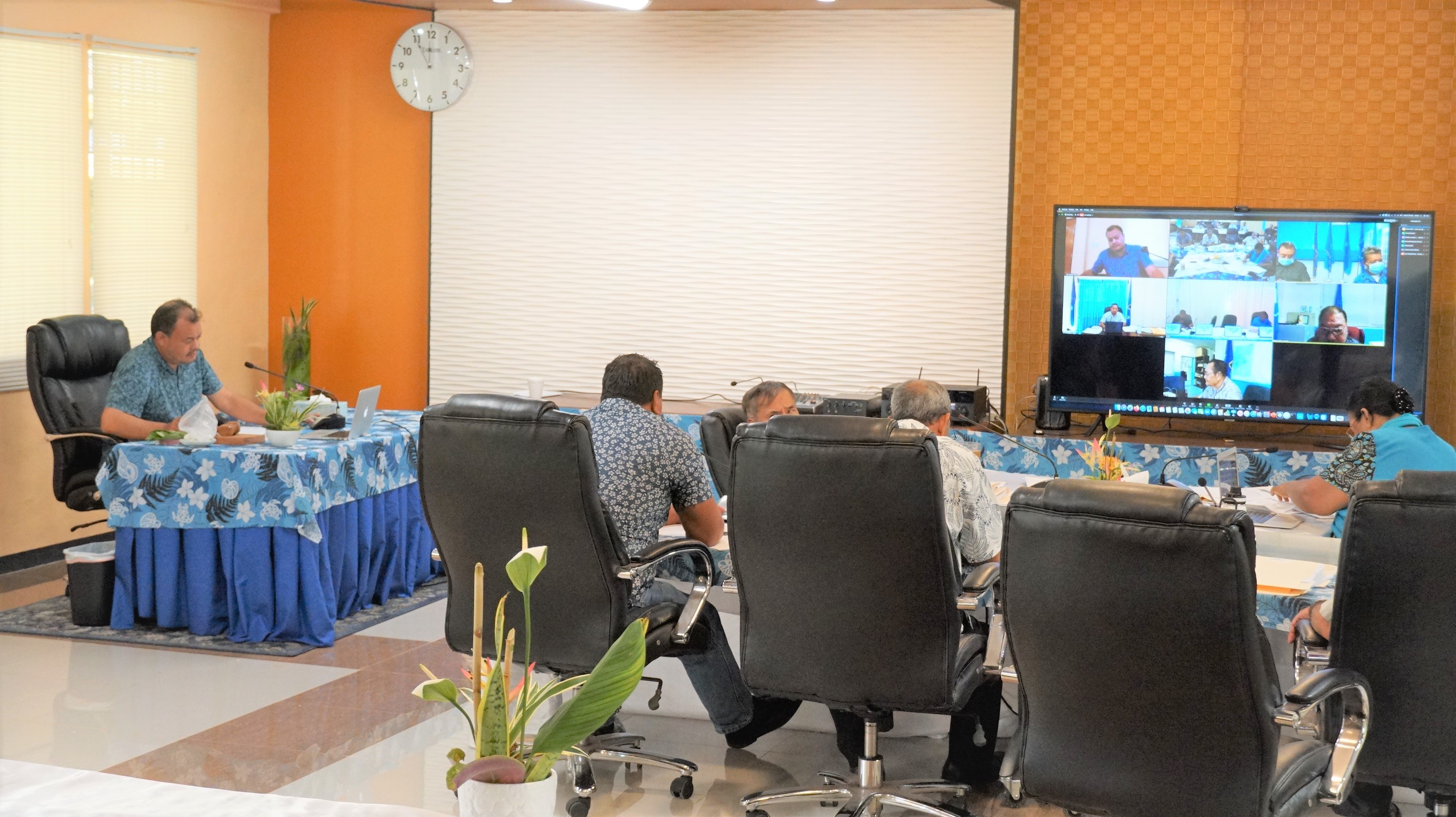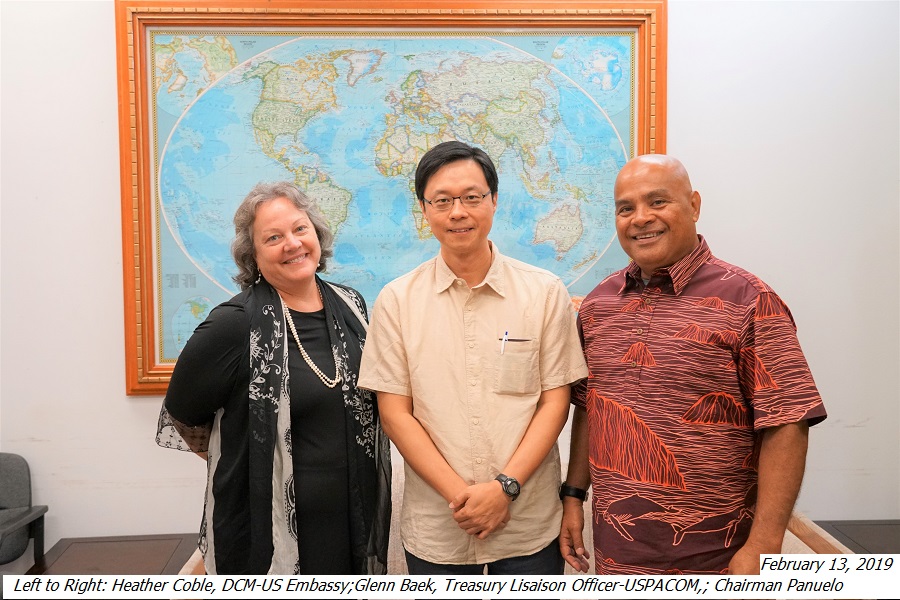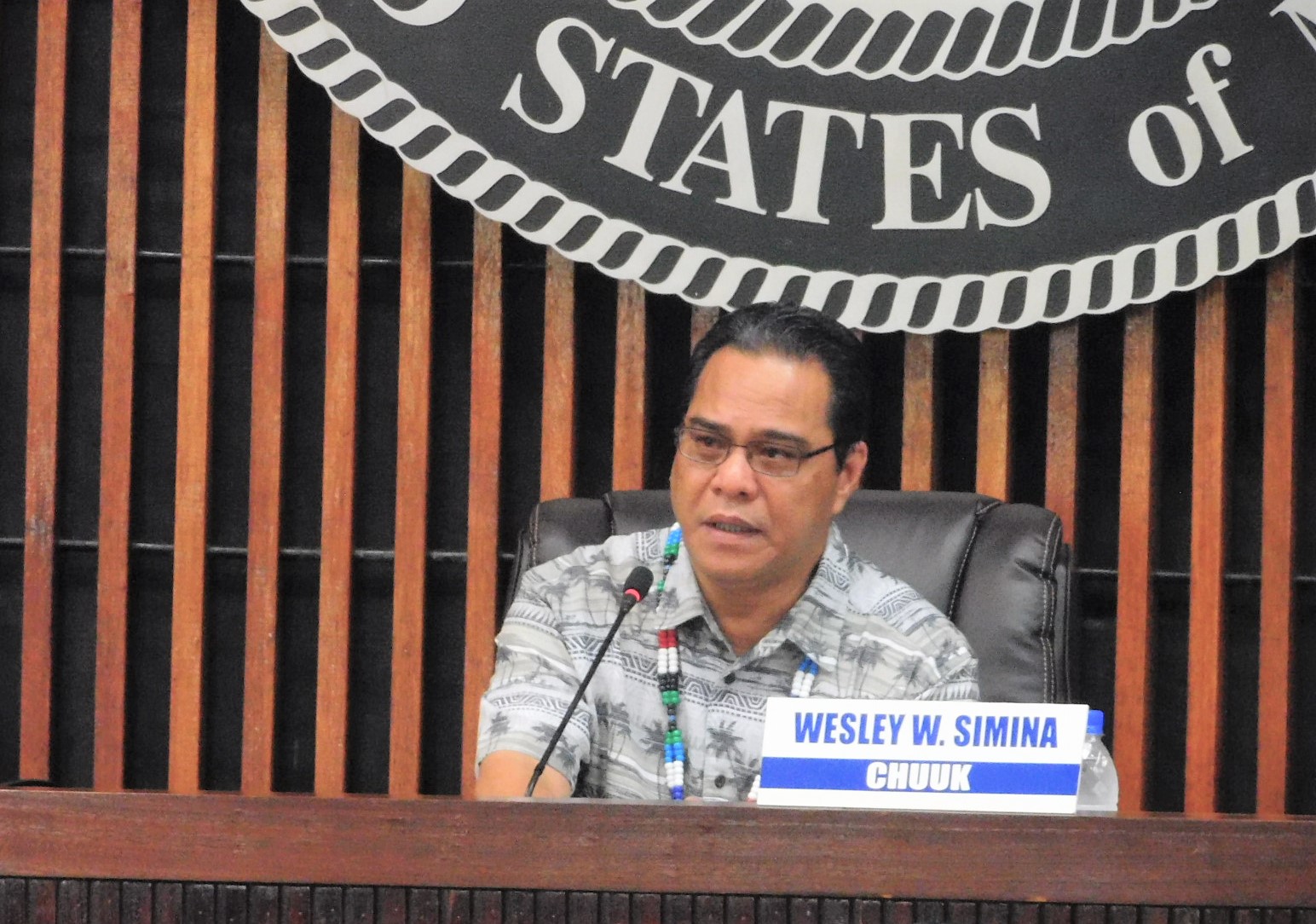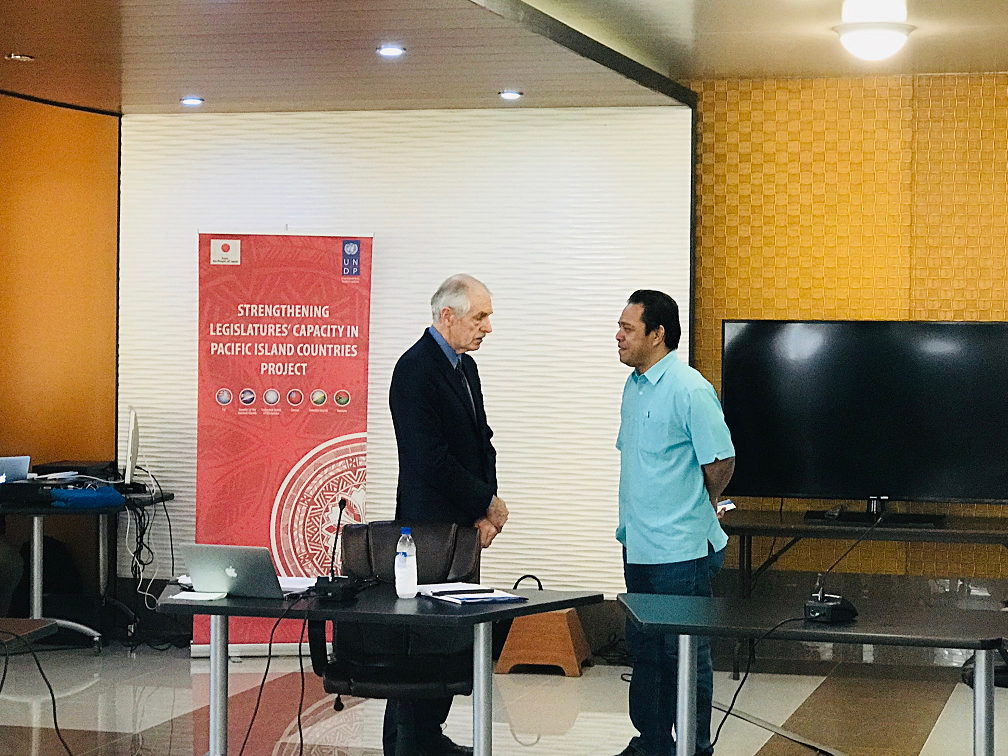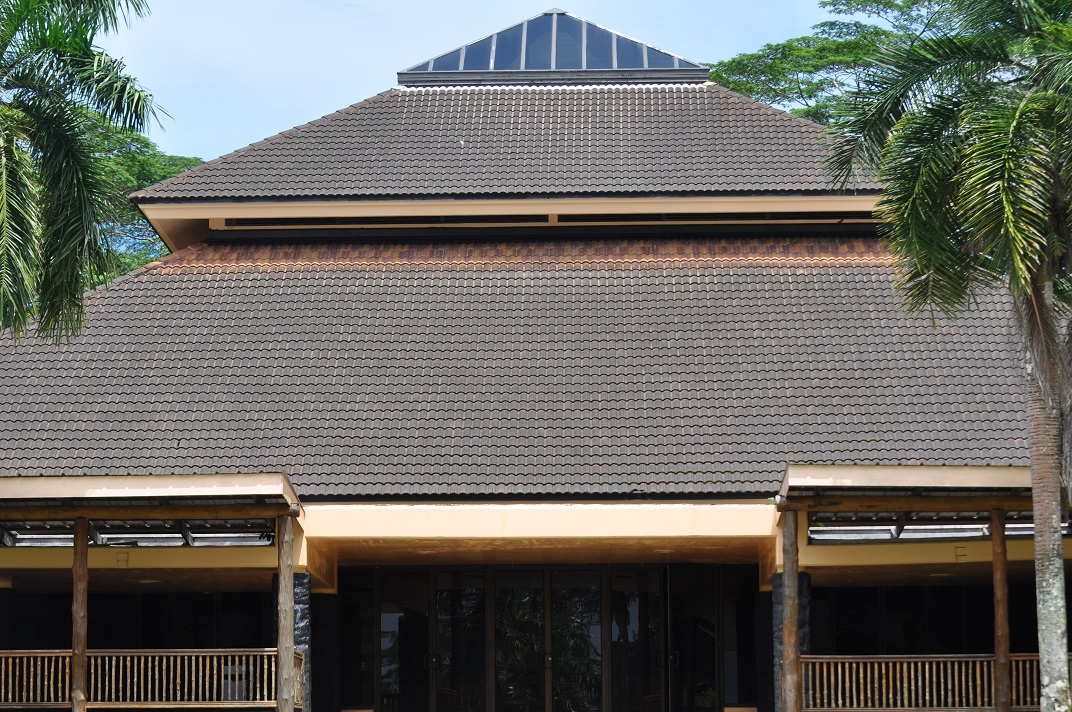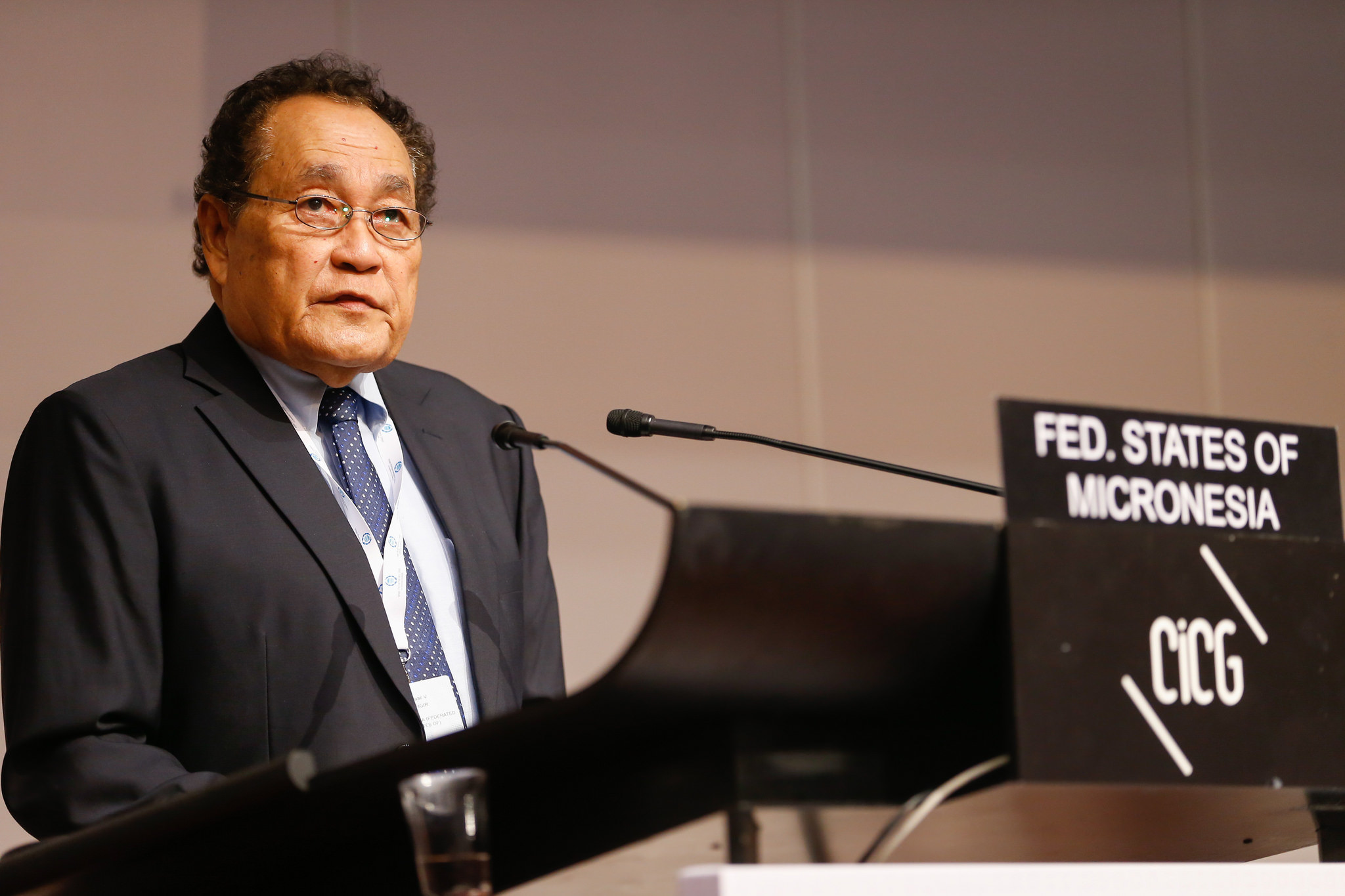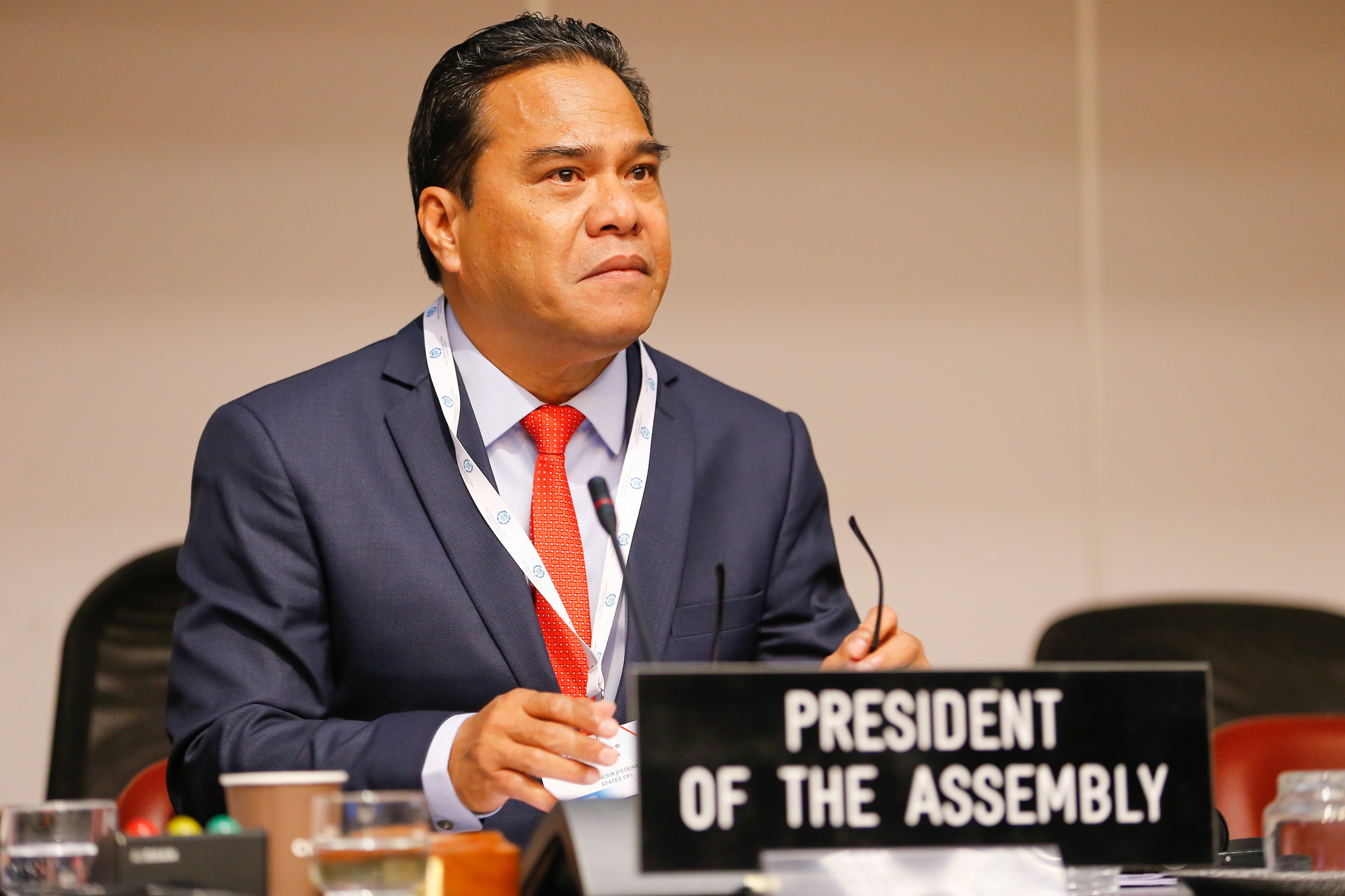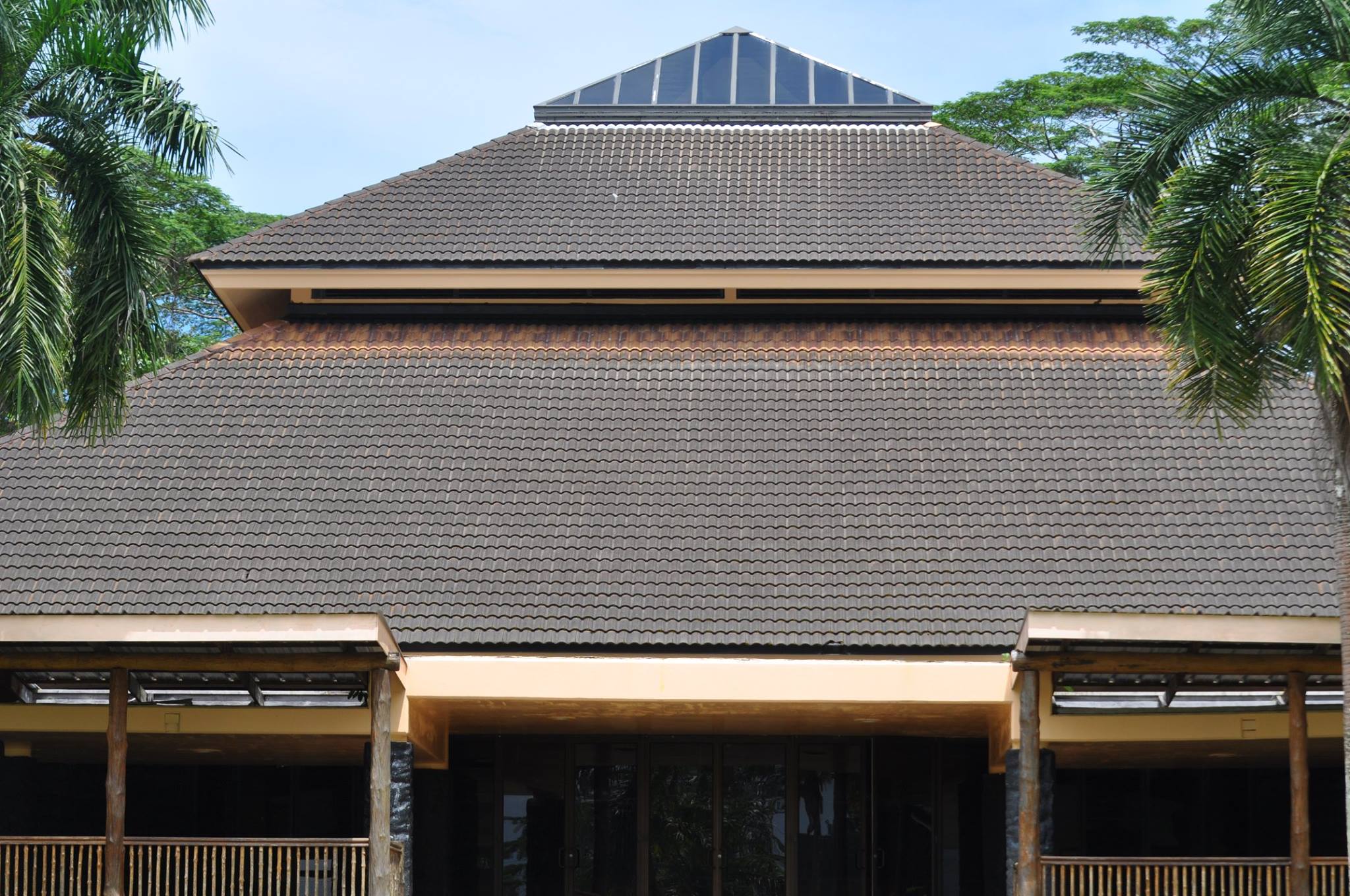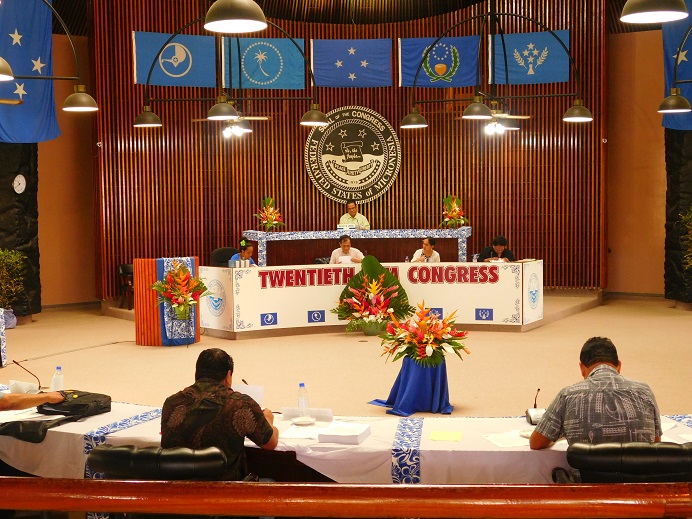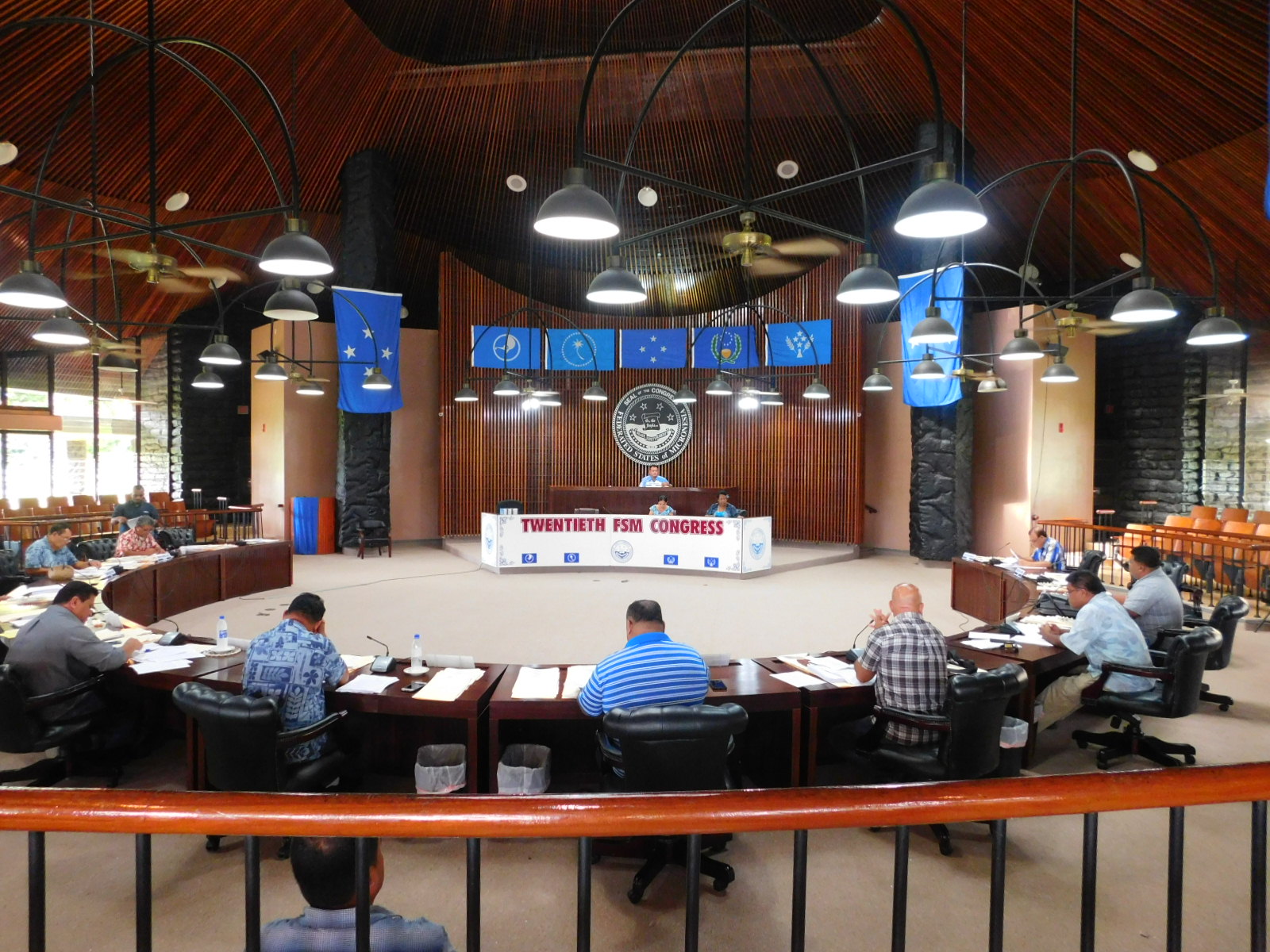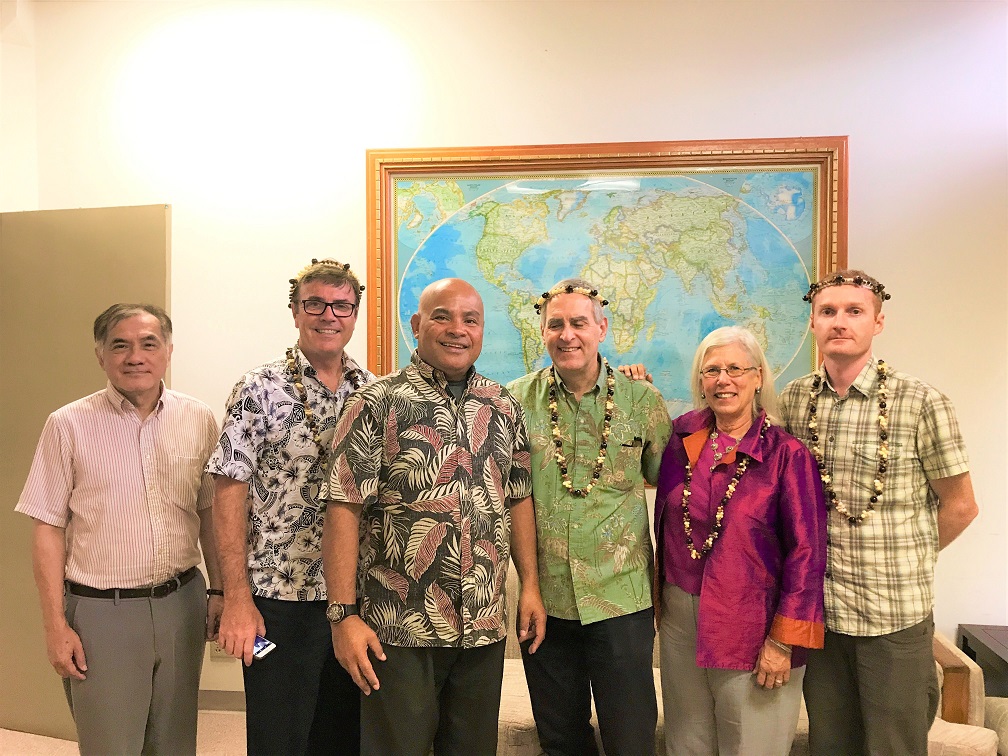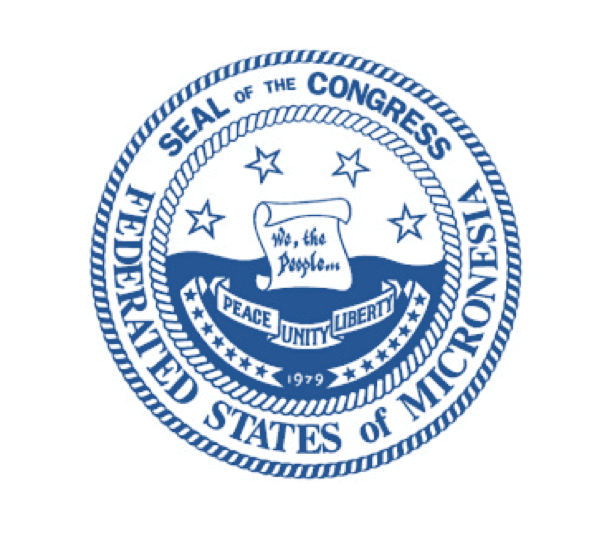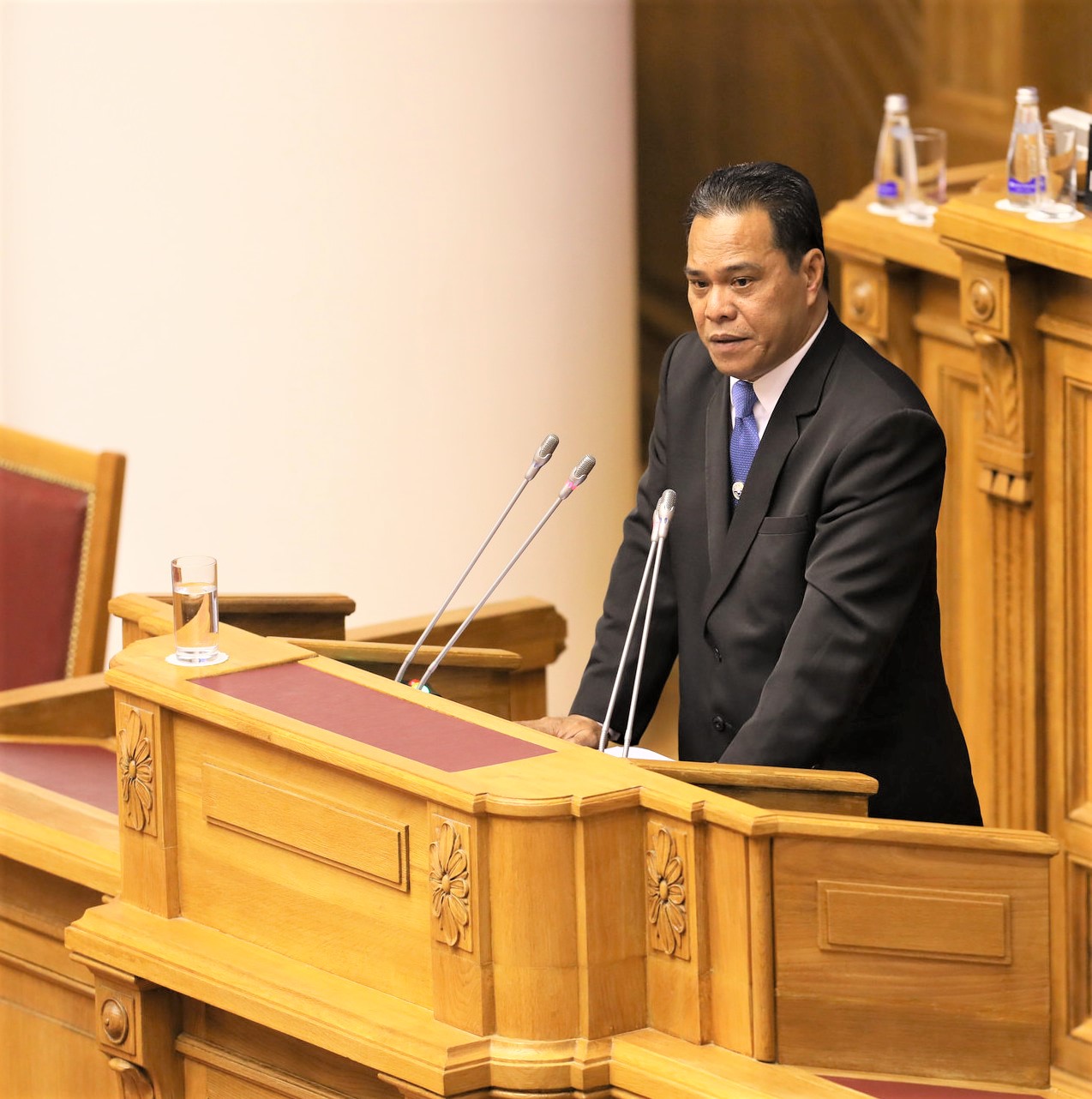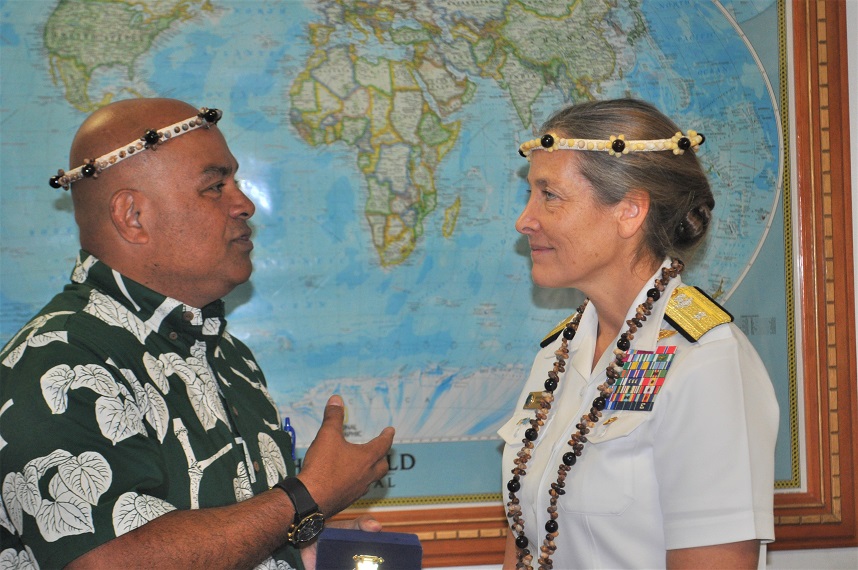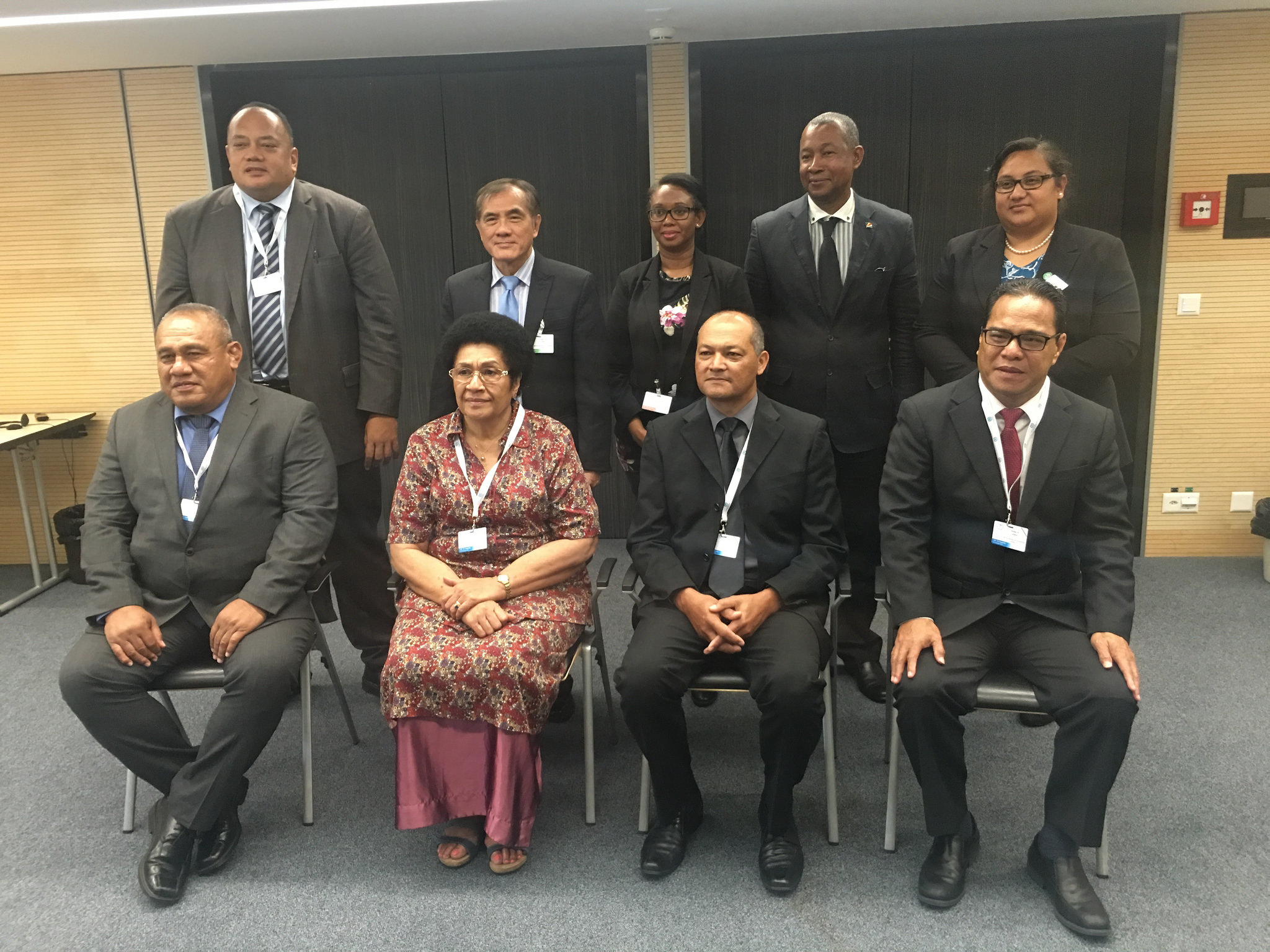
Geneva, Switzerland.During the 139th Inter-Parliamentary Union (IPU) Assembly in Geneva, the delegation from the Congress of the Federated States of Micronesia (FSM), joined national parliamentarians from several other Small Islands Developing States (SIDS) – Fiji, Samoa, Seychelles, and Tonga – in spearheading the inclusion of a climate change resolution as an emergency item on the agenda of the Assembly. The IPU Member Parliaments from all over the world unanimously adopted this SIDS emergency resolution entitled: Climate change – Let us not cross the line.
In essence, this resolution calls on global parliaments to:
1) Recognize and decisively act on the IPCC Special Report on Global Warming of 1.5°C;
2) Support and lead the development of the Rule Book and Guidelines for implementing the Paris Agreement, including resource mobilization and simplifying procedures for accessing climate change funding, in order to build on the Talanoa Dialogueat the upcoming COP24;
3) Take a leadership role in combating climate change and strengthening their partnership with all countries so as to meet their ambitions as set out in their nationally determined contributions;
4) Encourage their governments to achieve 100 percent renewable energy targets; and
5) Strengthen oversight of national and international commitments, including government implementation of national legislation and enhance transparency, accountability and reporting of climate change.
Supporting the resolution, Wesley W. Simina, Speaker of the FSM Congress and Chairperson of the IPU’s Asia-Pacific Geopolitical Group, took the stage to remind the world’s parliamentarians that the climate change “situation is far worse and more urgent” than previously assumed, referencing the Intergovernmental Panel for Climate Change’s (IPCC) 2018 Special Report issued last May, and noting the report’s demand for urgent and unprecedented action on climate change.
“We need a healthy planet more than it needs us!”, he warned while demanding for political action on climate change issues. A statement that resounded in the assembly, and was further quoted in the outcome summary of the proceedings of the emergency item debate of the 139th IPU Assembly.
Speaker Simina also challenged those who question the science behind climate change reports to take the “wiser approach” of siding with science than otherwise, for the sake of safeguarding the future of humanity. “It is our political and moral duty to safeguard the future of humanity. We should care! We must care! Otherwise, who would?”, he states.
He joined other speakers in demanding urgent action from parliamentarians to lead their governments in combating climate change including legislating and improving upon their governments’ climate change policies; to support implementation of the Climate Change Paris Agreement including procedural access to technical and financial resources under the agreement; and to collaborate with other parliaments on best government practices and measures on mitigating the threats of climate change.
Although IPU’s adoption of the SIDS emergency resolution, which was initiated by the Parliaments of Fiji and Seychelles and joined by other SIDS parliaments, is a remarkable feat for parliaments from small island developing countries, the greatest challenge for some of the most vulnerable countries still looms. As SIDS acknowledged in the resolution, “climate change presents the single greatest threat to the livelihood, security and well-being of Pacific people".
Noting the ongoing and imminent threat climate change poses on Micronesia, including but not limited to sea-level rise, ocean acidification, catastrophic natural disasters, and the effects of these phenomenon on food security and overall livelihood of the people, the FSM Congress highly prioritizes addressing the issues of climate change.
At home, annual appropriations towards food security, climate change adaptation and mitigation projects and other related environmental initiatives have increased over the years. The FSM Climate Change Act became effective in 2014 mandating various departments and agencies of the FSM Government to implement and improve upon the FSM climate change policies, as well as gather and report on data, challenges and progresses relating to the issue. Congress also recently reorganized the establishment of a Department of Environment, Climate Change and Emergency Management, as well as created a Special Congressional Committee on Environment and Climate Change to prioritize and focus work on climate change issues.
Abroad, the FSM Congress continues to utilize platforms like the IPU Assemblies to voice matters of national concerns with other world parliamentarians, gain access to guides and other parliamentary information, as well as enhance bilateral parliamentary relationships and garner international support on such matters of national concerns.
For more information on the global trends on legislation and litigation on climate change, please visit www.ipu.org. For more information on Congressional legislation relating to climate change issues, please visit www.cfsm.fm or contact the FSM Congress PIO Office.
###

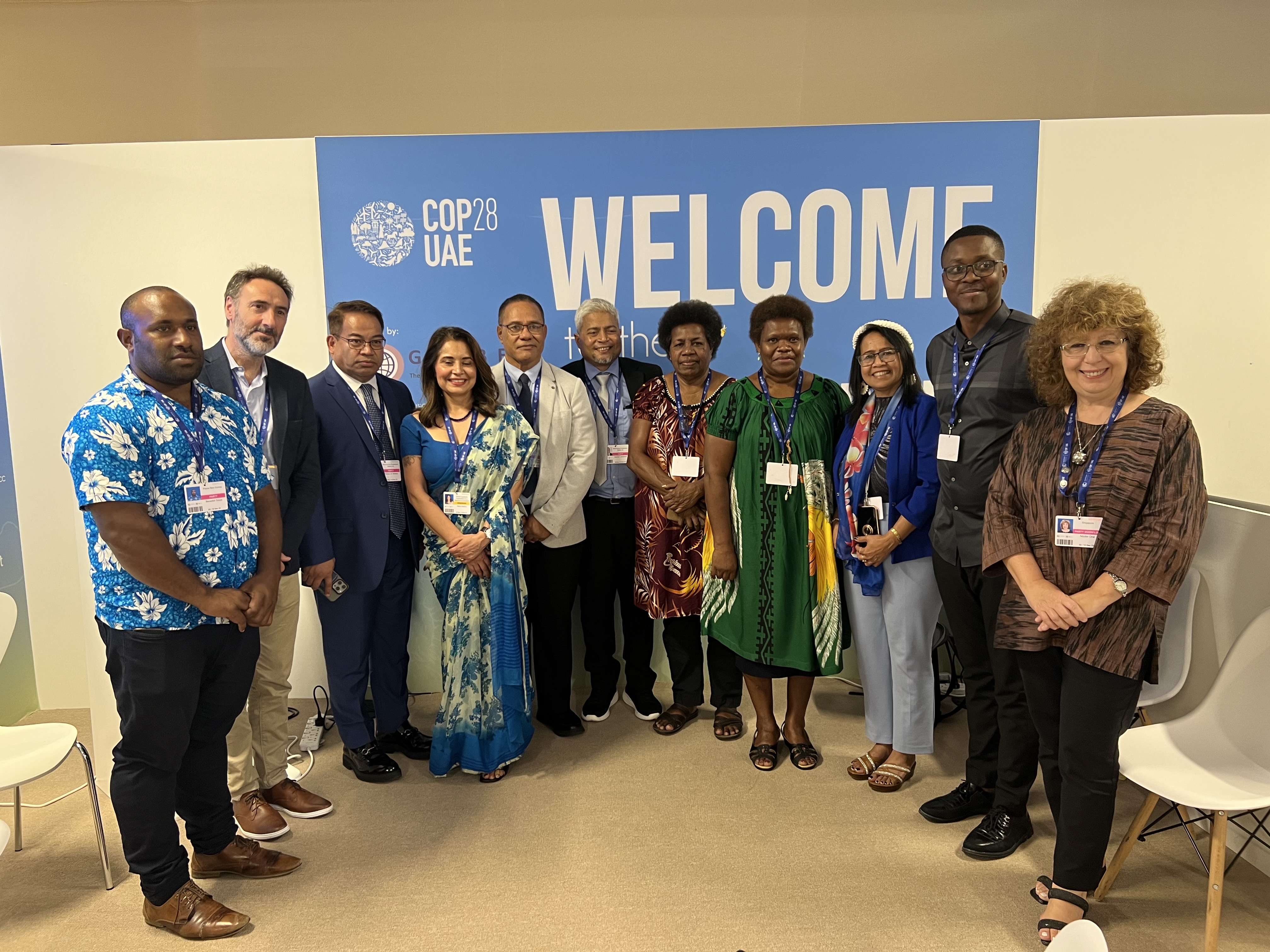
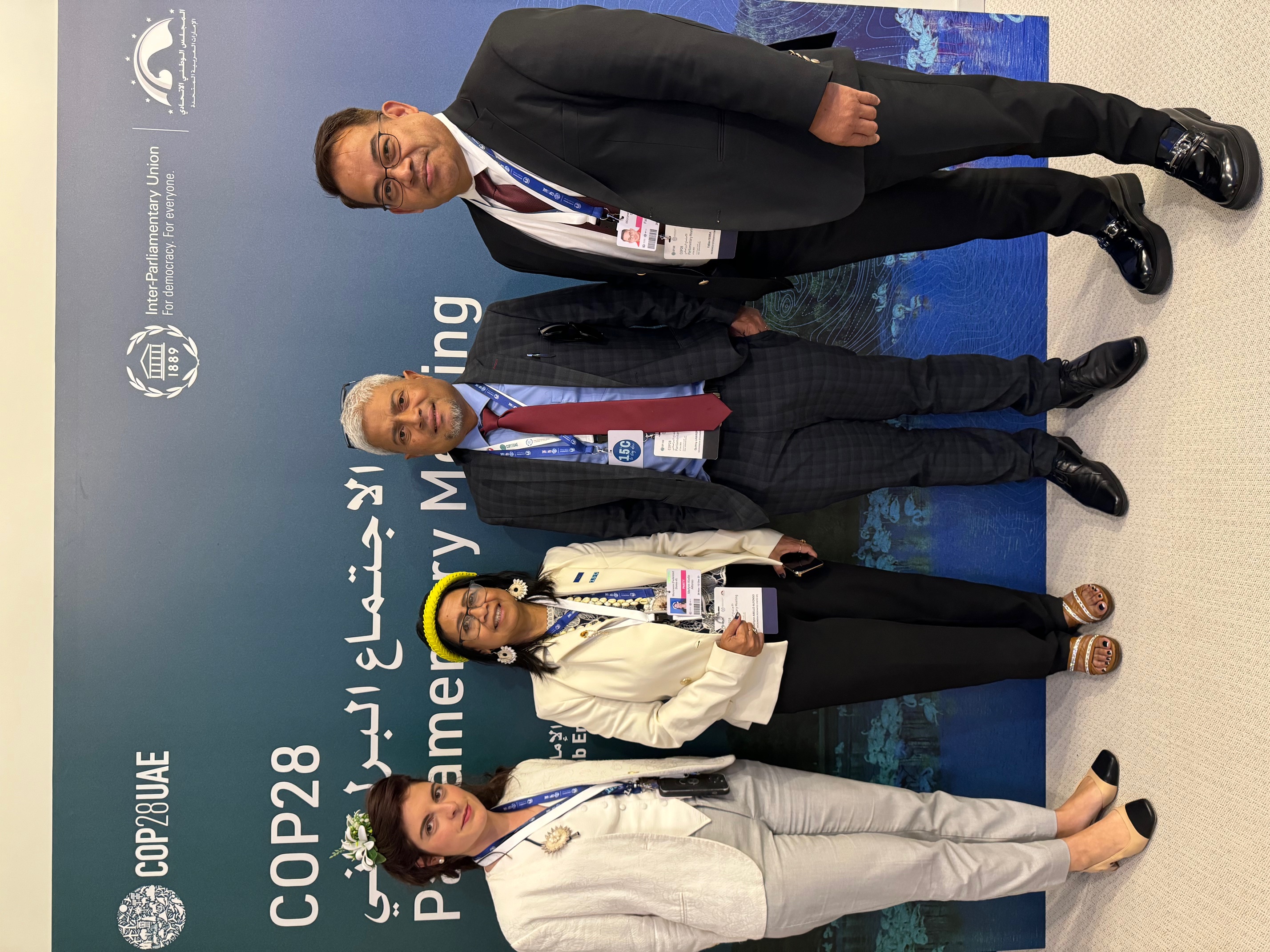
.jpg)
